أنت هنا
منذ 3 أشهر 22 ساعة
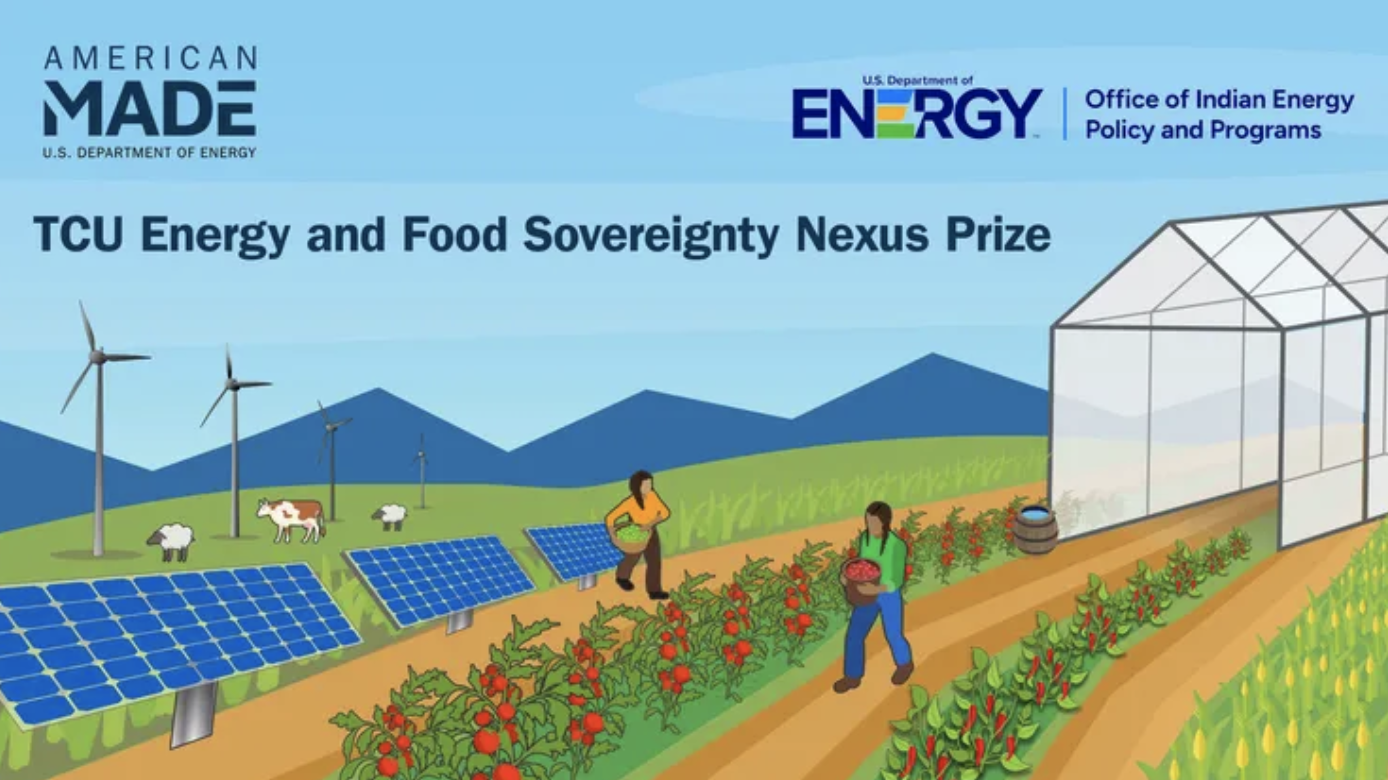
المشكلة
Tribal Colleges and Universities (TCUs) are uniquely positioned to address the interconnected challenges of energy access and food sovereignty in tribal communities. Many tribal nations face barriers to reliable, affordable clean energy and sustainable food systems, which impacts community resilience and economic development. Key issues include:
- Limited access to clean energy infrastructure in remote tribal areas.
- High costs and environmental impacts of traditional energy and food production systems.
- Need for culturally relevant solutions that empower tribal communities and promote self-sufficiency.
- Lack of educational and entrepreneurial opportunities for TCU students in clean energy and food sovereignty. The TCU Energy and Food Sovereignty Nexus Prize seeks innovative, student-led projects that integrate clean energy and food sovereignty to create sustainable, community-driven solutions for tribal nations.
المتطلبات والقيود
- Projects must be led by student teams from Tribal Colleges and Universities (TCUs) in the United States.
- Solutions must address the nexus of clean energy and food sovereignty, such as renewable energy-powered agriculture or sustainable food production systems.
- Proposals must demonstrate cultural relevance and benefits to tribal communities.
- Projects must be feasible for implementation within tribal contexts, considering resource availability and scalability.
- Teams must comply with National Environmental Policy Act (NEPA) requirements, including submitting an EQ-1 form for Phase 2a (Planning and Permitting).
- Submissions must include clear plans for project development, implementation, and community impact.
- Intellectual property and data-sharing agreements must be addressed in proposals
النتائج المتوقعة
- Phase 1 (Team Building and Project Summary):
- A project summary (up to 5 pages) outlining the proposed solution, including:
- Description of the clean energy and food sovereignty integration.
- Anticipated community benefits and cultural relevance.
- Team composition and roles.
- Preliminary budget and resource needs.
- Optional: Supporting visuals, such as diagrams or concept sketches.
- A project summary (up to 5 pages) outlining the proposed solution, including:
- Phase 2a (Planning and Permitting):
- A detailed project plan, including technical specifications, timeline, and permitting requirements (e.g., NEPA EQ-1 form).
- A risk assessment and mitigation strategy.
- Phase 2b (Construction and Demonstration):
- Evidence of project construction and implementation.
- A demonstration plan showcasing the project’s functionality and impact.
- Phase 3 (Showcase):
- A final report and presentation for the 2025 Indian Energy Program Review in Denver, detailing project outcomes and community impact.
المكافأة
- Total prize pool: Up to $4.1 million USD
- Phase 1: Up to 30 TCU teams receive $40,000 each for project development and travel to the 2025 Indian Energy Program Review.
- Phase 2a: Up to 14 teams receive $75,000 each for planning and permitting.
- Phase 2b: Up to 14 teams receive $60,000 each for construction and demonstration.
- Phase 3:
- First Place: $75,000
- Second Place: $50,000
- Third Place: $35,000
- Up to 4 Honorable Mentions: $10,000 each
العلاقات التجارية المستهدفة
اتفاقية عمل مشتركة
الموعد النهائي
السبت 20 ديسمبر 2025
المالك
U.S. Department of Energy (DOE), administered by the National Renewable Energy Laboratory (NREL)
ارسل تحدى الآن أرسل ملاحظاتك


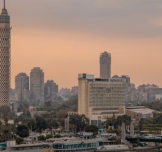















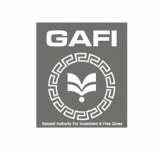

























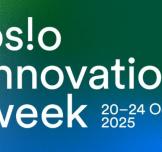


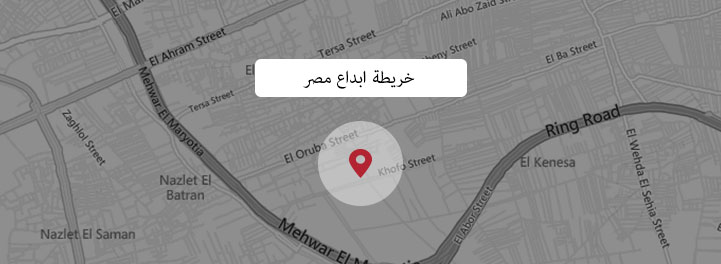










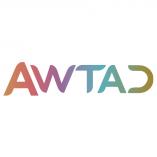



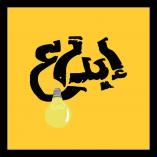



موقع إبداع مصر غير مسؤول عن مضمون التعليقات